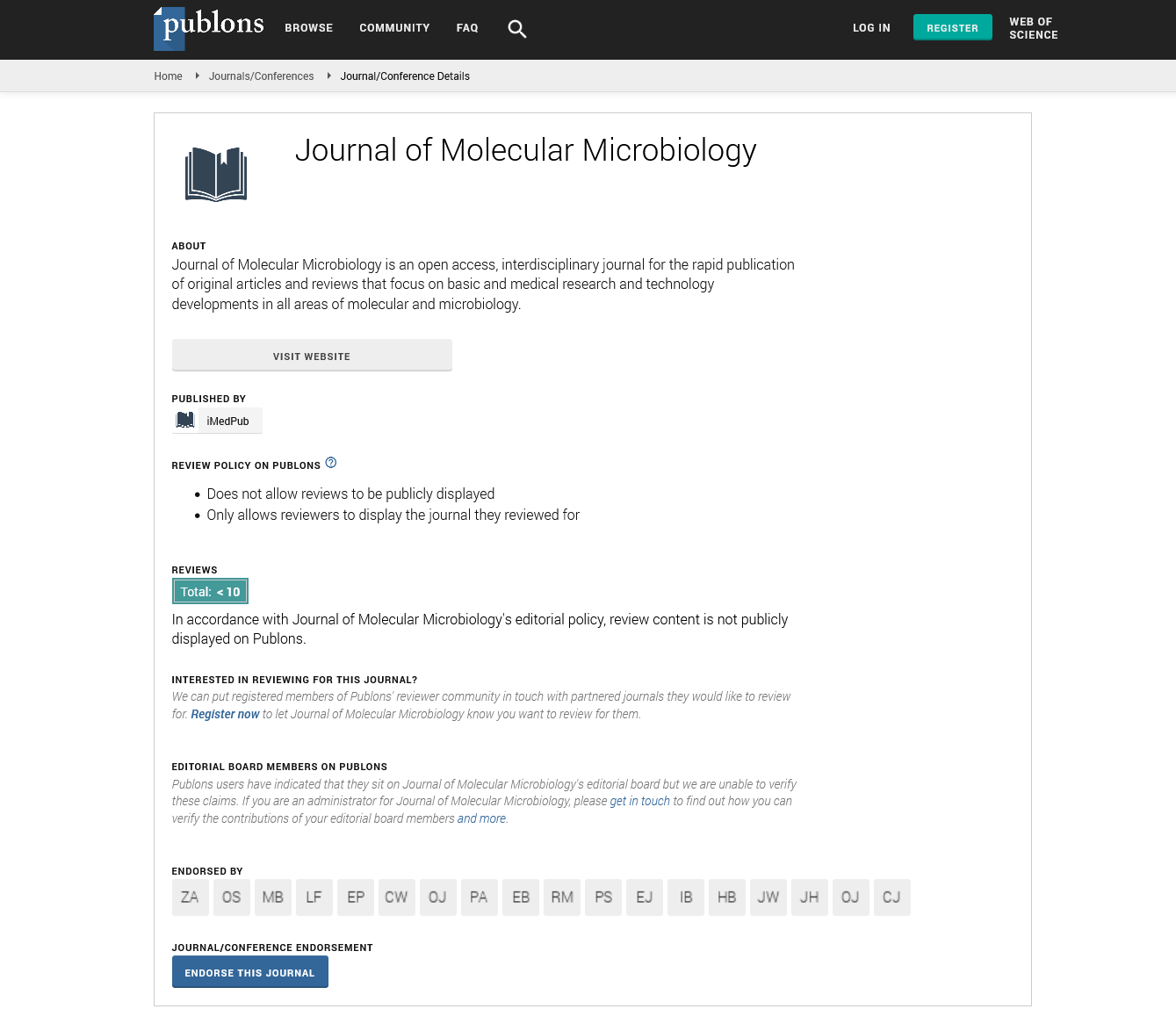Abstract
Molecular profiling of Gut Microbiota among Egyptian Children and the Impact of Potential Confounding Factors.
The aim of this study is to establish an age appropriate gut microbiota composition among healthy Egyptian preschool- to school-aged children (3 - 9 years) from the urban Giza governorate. The molecular profiles of 7 predominant gut microbiota constituents were determined by quantitative RT-PCR (qPCR). Group-specific primer pairs targeting the 16S rRNA gene were designed for the identification of the Bacteroides fragilis group, Bifidobacterium spp., Clostridium leptum subgroup, Enterobacteriaceae, Faecalibacterium praunitzii, Lactobacilli spp. and Prevotella group The results showed that the relative abundances of the phyla Actinobacteria, Bacteroidetes, Firmicutes, and Proteobacteria averaged 17.3, 23.0, 46.4 and 13.29%, respectively. The ratio of Firmicutes (Sum of Clostridium leptum subgroup +Faecalibacterium praunitzii + Lactobacilli spp)/ Bacteroidetes (Bacteroides fragilis + Prevotella group) averaged 1.52±0.19. The average genome numbers of the four bacterial taxa were significantly higher in boys (P0.05) compared to unrelated children
Author(s): Laila Hussein
Abstract | PDF
Share This Article
Google Scholar citation report
Citations : 86
Journal of Molecular Microbiology received 86 citations as per Google Scholar report
Journal of Molecular Microbiology peer review process verified at publons
Abstracted/Indexed in
- Google Scholar
- Publons
Open Access Journals
- Aquaculture & Veterinary Science
- Chemistry & Chemical Sciences
- Clinical Sciences
- Engineering
- General Science
- Genetics & Molecular Biology
- Health Care & Nursing
- Immunology & Microbiology
- Materials Science
- Mathematics & Physics
- Medical Sciences
- Neurology & Psychiatry
- Oncology & Cancer Science
- Pharmaceutical Sciences
